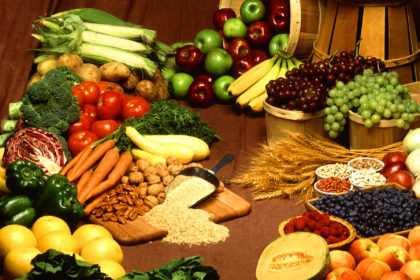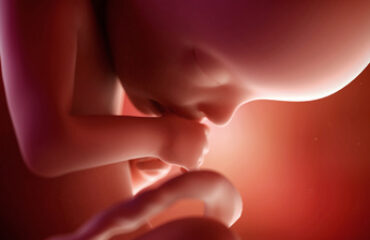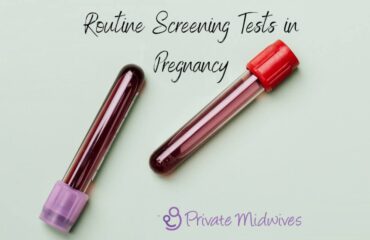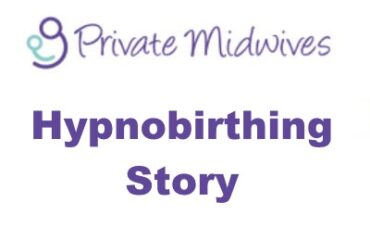
Foods to help you Conceive
With modern busy lifestyles our diets have changed compared to our previous generations. This change in diet may have affected our ability to have a baby. A good start to using your diet to maximize your chances of falling pregnant is to ensure you are not overweight and to cook all your meals from fresh rather than using ready-made meals.
Most fertility experts use body mass index (BMI) to calculate if you overweight and aim for your BMI to be under 29 (ideally 20-265). If your BMI exceeds 35 your chances of falling pregnant naturally or with assisted conception techniques such as IVF fall dramatically. A good diet that is low in refined carbohydrates (such as potatoes, white bread, rice and pasta) will help. Also if you aim to have two to three times as much vegetables as meat / protein this should help with weight loss. If the vegetables are raw or cooked “al dente” this will maximize the nutrient / vitamin content.
Remember, whilst all foods and nutrients discussed below will help you improve your chances of successfully conceiving, Smoking is the single most toxic lifestyle factor. It adversely affects the quality of the eggs and sperm. These affects are reversible when smoking is stopped
Foods to avoid
Too much Red meat can interfere with impantation of an embryo: as a result of excess ammonia production. Red Meat can also increase acididty and this may result in decreased sperm motility. Try to eat more white meat such as chicken or turkey and try fish as an alternative. If you do eat chicken try and ensure it is organic.
Sugar: Too much sugar, especially if it is refined will increase weight but it may also exacerbate the symptoms of polycystic ovarian syndrome, the commonest cause of anovulation in females by increasing insulin resistance
Alcohol: Although it is not essential to give up alcohol if you want to fall pregnant, Danish research found that alcohol intake had a significant effect on infertility success among women above the age of 30 who drank more than seven drinks a week. It also is considered to be full of “empty calories”, having little nutritional value and yet will increase your weight.
Caffeine: Some studies have suggested lower fertility rates even if one cup of coffee is consumed daily. Try to reduce caffeine by using other drinks and also trying decaffeinated alternatives.
What Vitamins are important and what foods are a good source to help you conceive?
Vitamin B6. If B6 is low this can affect sperm development in the male and make the menstrual cycle in the female irregular. Bananas are rich in vitamin B6
Folic acid is important in the early stages of pregnancy to reduce problems with the development of the spine in the baby but can also help in ovulation (producing eggs). Asparagus is a good source of folic acid and you can also get folic acid supplements from pharmacies
Vitamin B12. If B12 is low this can result in a low oestrogen level and a this lining to the womb which makes it more difficult for an embryo to implant. Shellfish provide a good source of B12
Vitamin D – studies have shown low levels of vitamin D in females with fertility problems and also women with PCOS. Eggs are a good source of vitamin D
Vitamin E – low levels of vitamin E can affect sperm motility and vitamin E has also important in the protection of DNA in eggs and sperm. Almonds provide a good source of Vitamin E
Vitamin C – low levels of vitamin C can contribute to poor sperm motility. Any citrus fruit is a good source of vitamin C
Maintaining good iron levels is important for blood flow to maximize egg quality and ability for females to ovulate. Whilst red meat is a good source of iron it may also be harmful (see above) but Tofu and green vegetables are other good sources of iron.
Zinc can increase all of the parameters of a sperm count (number, shape, motility) and zinc deficiencies in females might cause an imbalance between oestrogen and progesterone. Peas provide an excellent source of zinc
Selenium has for a long time been recognized for its importance in sperm quality and protects both sperm and eggs from free radicals which could damage the DNA resulting in an increased risk of miscarriage. Salmon is a good source of selenium
Essential Fatty Acids: The body does need essential fatty acids and in particular omega 3 and omega 6 for fertility, which affect the cell membrane and allow cells to function more effectively. Oily fish such as salmon, herring, sardines and mackerel are all good sources of these essential fatty acids.
Article written by Michael Ellard (fertility Consultant)
CREDITS: Image courtesy of My Fit Station – link: myfitstation.com
 LANGUAGE
LANGUAGE





You must be logged in to post a comment.